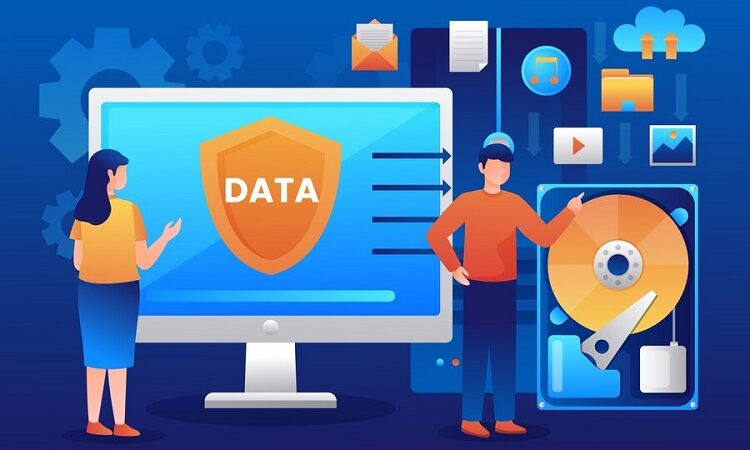Boosie I Don’t Call Phones: The Controversial Social Media Trend

In recent years, social media has become an integral part of our daily lives. From sharing our thoughts and experiences to connecting with friends and family, social media platforms have revolutionized the way we communicate. However, with the rise of social media, there has also been an increase in controversial trends. One such trend is the “Boosie I Don’t Call Phones” movement. This trend has gained popularity on social media, particularly among young people. In this article, we will explore what this trend is all about and its potential impact on society.
Section 1: What is Boosie I Don’t Call Phones?
The “Boosie I Don’t Call Phones” trend originated from a video posted by rapper Boosie Badazz on his Instagram account. In the video, Boosie can be seen saying, “I don’t call phones, I don’t FaceTime, I don’t do none of that shit.” The video went viral, and soon after, the hashtag #BoosieIDontCallPhones started trending on social media.
The trend involves people refusing to answer phone calls or respond to text messages and instead insisting that their friends and family members communicate with them through social media platforms. Supporters of the trend argue that it allows them to control their communication and avoid unnecessary interruptions. However, critics argue that it promotes unhealthy communication habits and could lead to social isolation.
Section 2: The Pros and Cons of Boosie I Don’t Call Phones
Like any other trend, the “Boosie I Don’t Call Phones” movement has both advantages and disadvantages. On the one hand, supporters of the trend argue that it allows them to manage their time better. By avoiding phone calls and text messages, they can focus on their work or other important tasks without distractions. Additionally, social media platforms offer a variety of communication options, such as messaging and video calls, which can be more convenient and efficient than traditional phone calls.
On the other hand, critics argue that the trend promotes unhealthy communication habits. Phone calls and face-to-face conversations are essential for building and maintaining relationships. By relying solely on social media platforms, people risk losing the personal touch that comes with direct communication. Furthermore, social media platforms can be impersonal and lack the emotional depth of a phone call or face-to-face conversation.
Section 3: The Impact of Boosie I Don’t Call Phones on Society
The “Boosie I Don’t Call Phones” trend has the potential to impact society in several ways. Firstly, it could lead to a decline in social skills. By avoiding phone calls and face-to-face conversations, people may become less comfortable with direct communication, making it harder for them to build and maintain relationships.
Secondly, the trend could lead to an increase in social isolation. Social media platforms can be addictive, and people may spend more time on them than they would on traditional communication methods. This could lead to a lack of real-world social interaction, which is essential for mental health and well-being.
Lastly, the trend could have implications for privacy and security. Social media platforms are not always secure, and sensitive information shared through them could be at risk of being hacked or leaked. By relying solely on social media platforms for communication, people may be putting their personal information at risk.
Section 4: The Future of Boosie I Don’t Call Phones
It is unclear whether the “Boosie I Don’t Call Phones” trend will continue to gain popularity or fade away over time. However, what is clear is that social media will continue to play an important role in our lives. As technology advances, new communication methods will emerge, and people will need to adapt to them.
In conclusion, the “Boosie I Don’t Call Phones” trend is a controversial movement that has gained popularity on social media. While it has its advantages, such as allowing people to manage their time better, it also has its disadvantages, such as promoting unhealthy communication habits. The trend could impact society in several ways, including a decline in social skills, an increase in social isolation, and implications for privacy and security. As we move forward, it is essential to strike a balance between traditional communication methods and new technology to ensure that we maintain healthy relationships and protect our personal information.






